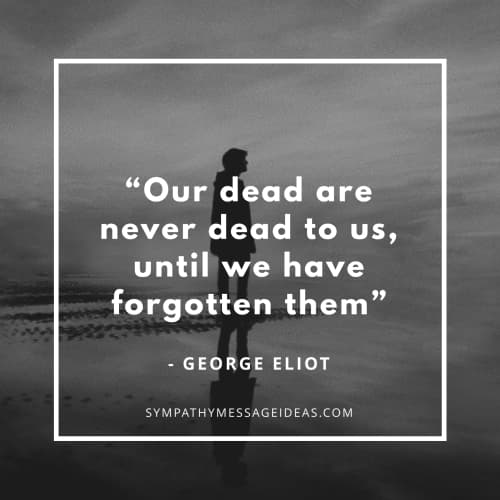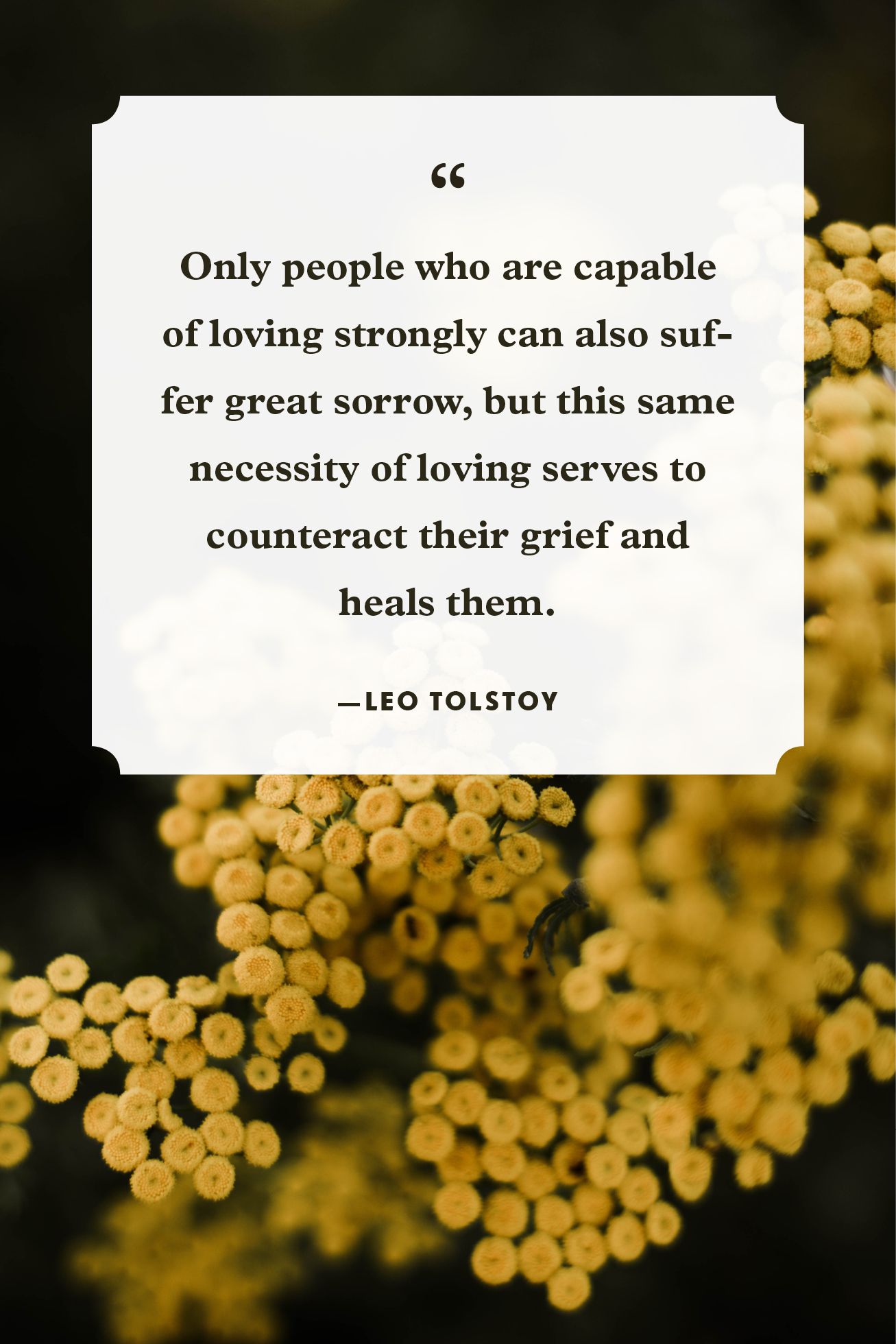The Complex Landscape of Grief: Navigating the Emotional Terrain
Leon Bouldin
Dr. Phil Oliver
PHIL 1030-013
12/8/2023
Grief, a multifaceted and complex emotion, transcends simple sorrow, encompassing a spectrum of feelings such as anger, guilt, fear, and even fleeting moments of lightness. This emotional turbulence defies static characterization, manifesting differently over time. Tig Notaro's comedic response to tragedy serves as a poignant example of grief's dynamic nature. Kieran Setiya tells us that three distinct types of grief emerge: "relational grief," marking fractured relationships; grief for the harm befalling the departed; and grief for the sheer loss of life. Each form entails unique pain, offering diverse insights into the nature of love.
The passage explores grief's intricacies through fragmentary, nonlinear narratives, such as Annie Ernaux's account of her mother's Alzheimer's and B. S. Johnson's experimental novel, "The Unfortunates." It delves into the historical rivalry among ancient Greek and Roman philosophical schools, united in their disdain for grief as a problem to be solved. Stoicism's detachment, while appealing, raises questions about its efficacy from meaningful connections.
Grief's distinctions are crucial, ranging from relational grief, abandonment, to non-relational grief for strangers. The passage challenges the notion that grief is self-indulgent, asserting that it is a testament to enduring love rather than weakness. Distinctions between completed and archived relationships underline the continued force of the deceased in the lives of the bereaved. Ultimately, grieving well involves acknowledging the changed nature of relationships, finding a delicate balance between honoring the past and engaging with the present.
The loss of a loved one can profoundly disrupt the core of one's being, leaving an indelible impact on both mental and physical well-being. In the throes of grief, the mind becomes consumed with a relentless stream of thoughts, memories, and vivid images of the departed. Accepting the irrevocable finality of the loss becomes a formidable challenge, and the journey through grief is marked by fluctuating emotions, as waves of profound sadness and an overwhelming yearning for the presence of the departed become recurrent companions. The experience of grief extends beyond an emotional toll, encompassing a profound reshaping of one's perception of reality and the intricate interplay between mind and body.
The Stoic philosophy, exemplified by Epicurus, suggests that understanding the perishable nature of what we love can help mitigate grief. However, the author critiques Stoicism, arguing that its indifference to what cannot be changed distances individuals from what truly matters and that the pain of grief is inseparable from love.
Coping with Grief isn't easy by any standards. Harvard on Febuary 15, 2021 posted an article here on coping with its effects. The study led by Dr. Bui and by the American Journal of Hospice and Palliative Medicine, revealed that an eight-week mind-body program is effective in reducing stress among older adults coping with the loss of a spouse. Engaging in yoga, tai chi, or qigong is recommended, as these mind-body activities not only induce relaxation but also counteract stress and anxiety on a molecular level. Establishing good sleep hygiene, such as maintaining regular sleep hours and avoiding caffeine and alcohol before bedtime, is crucial for restful sleep amid emotional exhaustion. Incorporating physical activity, like a daily walk, aids in alleviating depression and sorrow linked to grief. Lastly, maintaining connections with the social circle, despite the initial pain, is crucial for combating feelings of isolation, with Dr. Bui recommending regular gatherings or communication to receive support from family, friends, or neighbors.
The passage concludes by discussing the importance of grieving well and distinguishing between relational and non-relational grief. It rejects the notion that grief is self-indulgent, emphasizing that grieving is a token of persisting love. The chapter acknowledges the continued presence of the deceased in the lives of the lost and explores the complexity of maintaining a relationship with the dead while still engaging with the living world.


The best stoics are not "indifferent to what cannot be changed," but they try not to be ruined by it.
ReplyDelete"a daily walk, aids in alleviating depression and sorrow linked to grief"-- indeed it does, in time. I've found it to be my most reliable form of therapy, and medicine.
Interesting Norman Cousins quote. Maybe say a bit about why you chose to end with it.
Lots of linkable names and topics in those early paragraphs...
Thank you for the feedback! I updated my post.
Delete